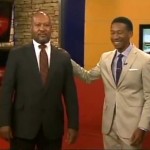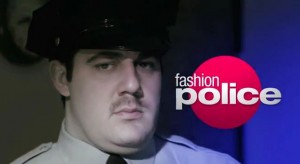 When it comes to finding appropriate professional attire for a job interview, the cost of what you need could be a challenge. Shopping online or in person at malls and suit stores can rack up the dollar signs and quickly go beyond most moderate budgets.
When it comes to finding appropriate professional attire for a job interview, the cost of what you need could be a challenge. Shopping online or in person at malls and suit stores can rack up the dollar signs and quickly go beyond most moderate budgets.
Luckily, that doesn’t have to be an issue. In a news segment from Triad Area North Carolina news station Fox 8, fashion designer and motivational speaker Craig Stokes gave an overview of classic job interview attire and how he was able to find a professional wardrobe in a thrift store for less than $20.
Depending on your area, you might not be able to find perfectly fitted attire at your local thrift store. But if you consider some of his advice, you might be able to save a pretty penny for your next job interview while still looking fashionable and professional.



 Last month,
Last month, 
